介词加which引导的是定语从句,常见的用法有:in which可以翻译成“在……里面”,for which可以翻译成“为了……目的”,on which可以翻译成“在……的上面或具体时间的某一天”,at which可以翻译成“在……里面或在……上面”。
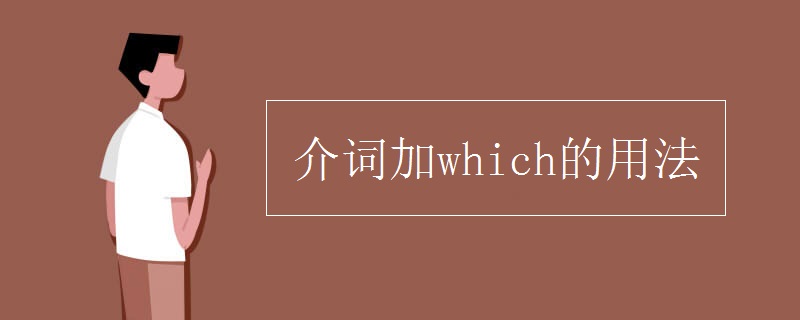
1.in which 在……里面
The school (that/which) he once studied in is very famous.
= The school in which he once studied is very famous.
2.for which 为了……目的
Tomorrow I will bring here a magazine (that/which) you asked for. = Tomorrow I will bring here a magazine for which you asked.
3.on which 在……的上面或具体时间的某一天
I have a dresser in my bedroom, which there are many cosmetics on.
= I have a dresser in my bedroom on which there are many cosmetics.
4.at which 在……里面或在……上面
The dumpling House which he often has dumplings at is very popular.
= The dumpling House is very popular, at which he often has dumplings.
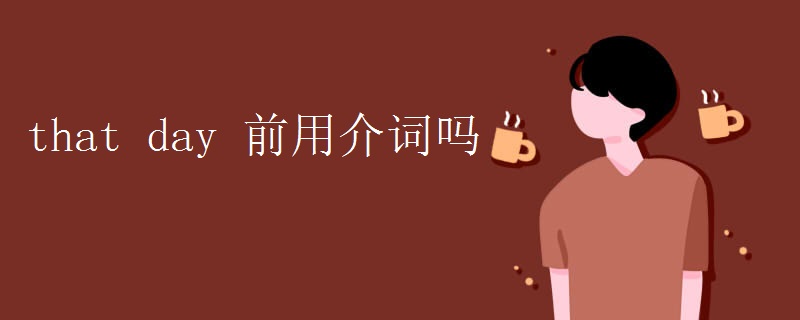
可以加介词的,要看在具体句子里的意思,比如:on that day.在那一天。例句:Suppose flights are fully bo...

当there作副词时,不能加介词,因为副词前面不能加介词。当它是名词时可以。但是there很少作为名词用。there,主要用作副词、名词、感...
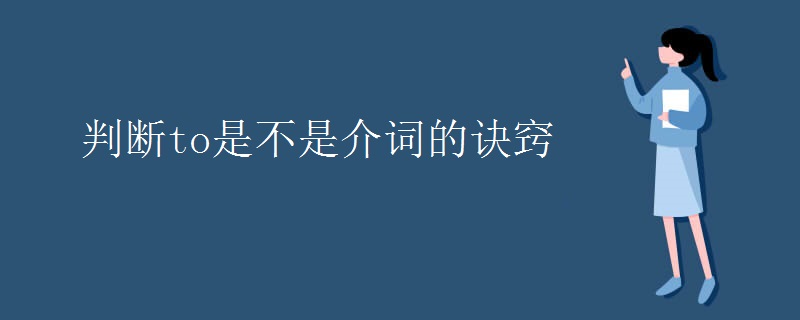
介词to是有意义的,经常表示“向”、“往”、“直到……为止”、“给”、“对于”、“按”、“比”,既可以指时间、方向、距离、对象或结果,又可以...

是不是介词关键还是看是否连接一个完整句子,当after后面连接的是一个完整句子(至少有主谓)的时候,就是做连词。当after后面连接的是一个...
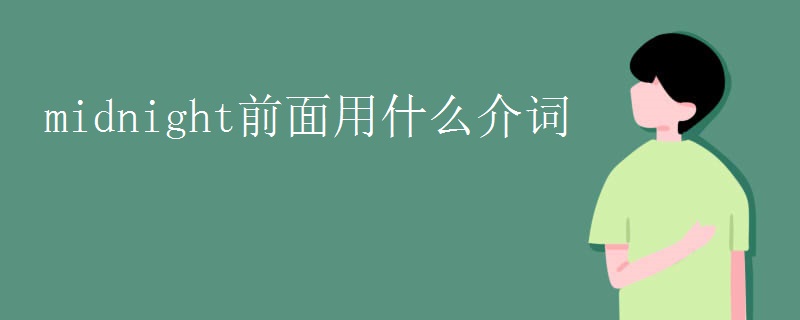
1.在午夜,用介词:at;2.午夜前,用介词:before;3.午夜后,用介词:after,beyond;4.一直到午夜,用介词:until...

大的地方用in,例如在某个国家:in Chinese;在某个省:in guangdong province.小地方用at,例如在学校:at ...

不需要加介词。在this、that、next、last、every、yesterday、tomorrow等构成的时间状语前不加任何介词。
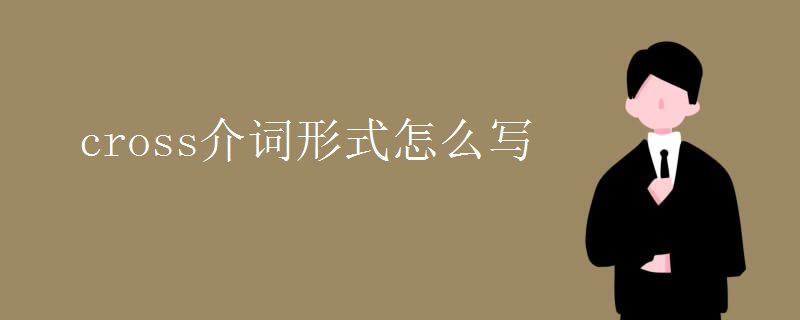
介词across.cross,名词、动词、形容词,作名词时意为“交叉,十字;十字架,十字形物”,作动词时意为“交叉;杂交;横过;渡过;使相交...